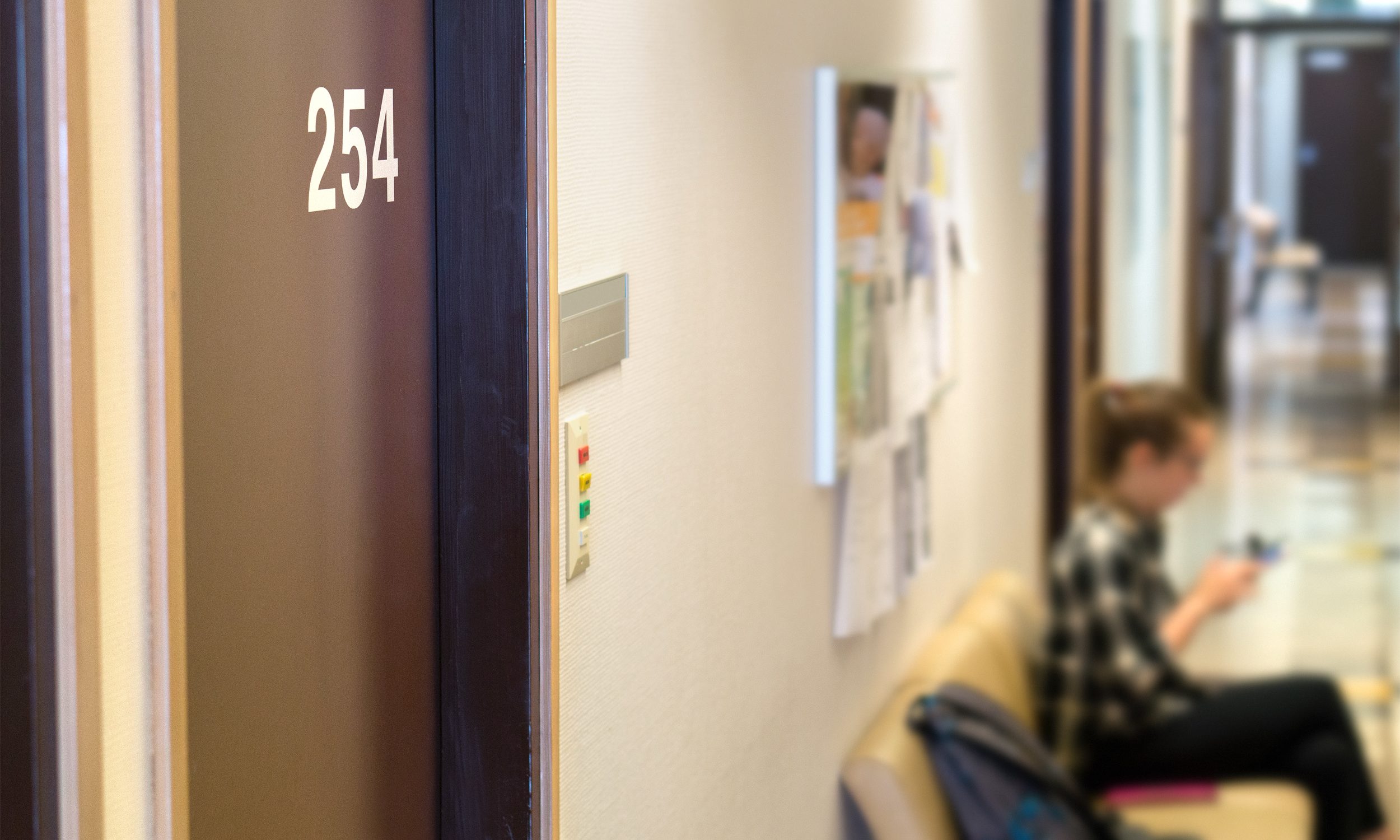When Alabama’s public schools open their doors to students in the fall, there will be one group of people on the front lines, entrusted with the monumental task of identifying and isolating potentially sick students and tracing their contact with other students.
School nurses.
The already overworked and underappreciated (and usually under-compensated) nurses that care for thousands of sick and injured school kids every day in this state will become perhaps the most vital cog in a plan to keep Alabama’s public schools from becoming hotspots for COVID-19.
But there is a hitch: There aren’t enough of them.
“We know that the school nurses will take the lead this fall in whatever plans are developed to respond to this (COVID-19) virus,” said Diana Collins, the president of the Alabama Association of School Nurses. “We feel like that having a nurse in a school all day, every day during this pandemic would solve a number of issues that will arise and provide the best care for our students.
“A major concern for us is the lack of nurses in so many schools. It’s something we’ve spoken with legislators about, and I think those talks have been productive. But of course, money is an issue with something like this.”
Determining just how many school nurses that the Alabama State Department of Education is employing at a given time — and the number of nurses that should be serving each district — is a tricky task. Several factors go into determining the number of nurses needed, including the school population and the known health issues of its students.
By law, each district must employ at least one head nurse, but that still leaves a number of public schools in the state without a nurse stationed on campus. According to figures provided to APR, about 300 schools in the state don’t have a nurse on campus. Many of those are rural schools, which would require extensive travel for the district’s head nurse.
That’s an issue that many principals and district superintendents have brought up numerous times over the last several years. The coronavirus outbreak has only heightened their concerns. It might also be the best chance to make a change.
“Could this be the time that people realize we need a school nurse in every school every day?” asked Jennifer Ventress, the head nurse for ALSDE. “I believe that’s a possibility. But again, it’s about paying for it and where does the money come from. There’s no question that the nurses serve an important function, particularly in the poorer districts. And they will play an important role with the (coronavirus) this fall.”
State officials are examining the possibility of using at least some of Alabama’s allocation of CARES Act money to increase its total number of school nurses for at least the upcoming school year.
Ventress said ALSDE officials are still formulating a plan for the fall — one that includes using nurses and their extensive training to help identify and isolate students exhibiting COVID-19 symptoms — but that nothing, including the available dollars, has been finalized.
Under the plan currently in the works at ALSDE, school nurses, in addition to identifying and isolating students with COVID-19 symptoms, would also assist superintendents and principals in identifying areas in which students suspected of having the virus can be sequestered safely. They also will help ensure that students get medical treatment.
The finer details of that plan have not yet been worked out, Ventress said, because of a number of fluctuating variables. State superintendent Eric Mackey on Wednesday asked district superintendents to consider pushing the start of the 2020-21 school year back to at least late August, in part, so school leaders would have more time to gather data.
Ventress said many of Alabama’s school nurses will spend that time working with the Alabama Department of Public Health, helping it to track down and perform contact tracing on patients who test positive for COVID-19. That program will provide nurses with valuable experience for the fall school year, and also provide them with a few extra dollars.
“It is a completely voluntary partnership that we have formed with ADPH to assist them in some much needed tracing,” Ventress said. “We see it as a win-win with no downside. It’s voluntary for our nurses and gives them great training and a little extra money. At the same time, it helps out ADPH, and they could really use the extra assistance right now.”
The primary benefit to ALSDE, obviously, is that by the start of the school year, it should have a small army of school nurses trained to perform proper contact tracing and familiar with the workings of ADPH.
But not in every school.
“Right now, school nurses are needed more than ever,” Collins said. “We are a vital bridge between the schools and the health care providers. We have been caring for these kids for a long time, and we know that environment better than anyone. I would just hope that everyone remembers that we’re all in this together and that everything we do should be in the best interest of the health and wellbeing of the children.”























































